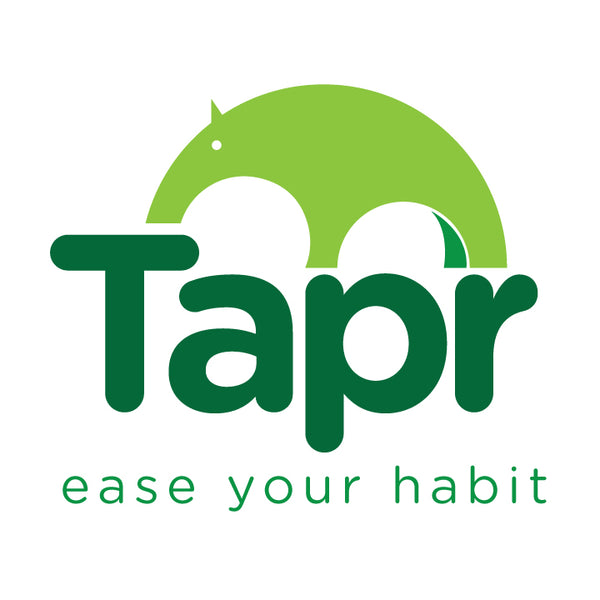The journey to recovery from chronic cannabis use varies from one individual to another. Among available options, intensive outpatient programs (IOP) and traditional inpatient rehabs are two of the most prominent pathways. Tapr takes a nonjudgmental approach to minimizing harm by educating clients on how their lives can be improved by reducing use while managing withdrawal symptoms and creating new habits and routines. Understanding these differences, particularly regarding costs and insurance coverage, can help you make an informed decision tailored to the needs of your patients.
Flexibility and Life Integration: The Tapr Advantage
Tapr offer a structured life coaching program that allows participants to live at home and maintain their daily responsibilities, such as work or school. This flexibility is often cited as a significant advantage over inpatient rehab, which requires a residential stay. The ability to apply learned strategies in real-world settings as you go can provide a more seamless integration of recovery practices into daily life for patients.
Cost Considerations: A Key Differentiator
Inpatient rehabs can be expensive, with costs ranging from $5,000 to $20,000 for a 30-day program, depending on the facility's amenities and location. In person IOPs are more affordable, with costs varying between $3,000 to $10,000 for a similar duration. Tapr provides daily, one hour, individual coaching sessions starting at $300 dollars a week, under $50 per session. This is a lower cost than other telehealth providers that do not focus on cannabis recovery, such Rula or Betterhelp, which may charge from $80 to $150 per session. This significant difference in cost makes Tapr a more accessible option.
Insurance Coverage: Navigating the Waters
Insurance coverage for substance use recovery programs can vary widely depending on your policy and provider. Insurance is more likely to cover inpatient rehab for severe cases of addiction, where medical detoxification or round-the-clock care is necessary. However, with the rising acknowledgment of the efficacy of outpatient treatment and telehealth, many insurance plans now also cover IOPs. Tapr may be covered by insurance.
Tapr: Holistic and Nonjudgmental
Tapr not only offers flexibility and affordability but also provides a tailored experience. Tapr focuses on building better habits and strengthening the non-drug related aspects of client's lives. Our life coaches, nutritionists, social workers, and therapists are committed to building a care team for our clients.
Making the Decision: What's Best for Patients?
Choosing between Tapr, IOPs, or traditional rehab should be based on specific needs, severity of substance use, personal commitments, and financial situation. For many, the less disruptive nature of Tapr and telehealth IOPs, combined with their lower cost and the possibility of insurance coverage, makes them an attractive option. Talk to your patients today about Tapr.

